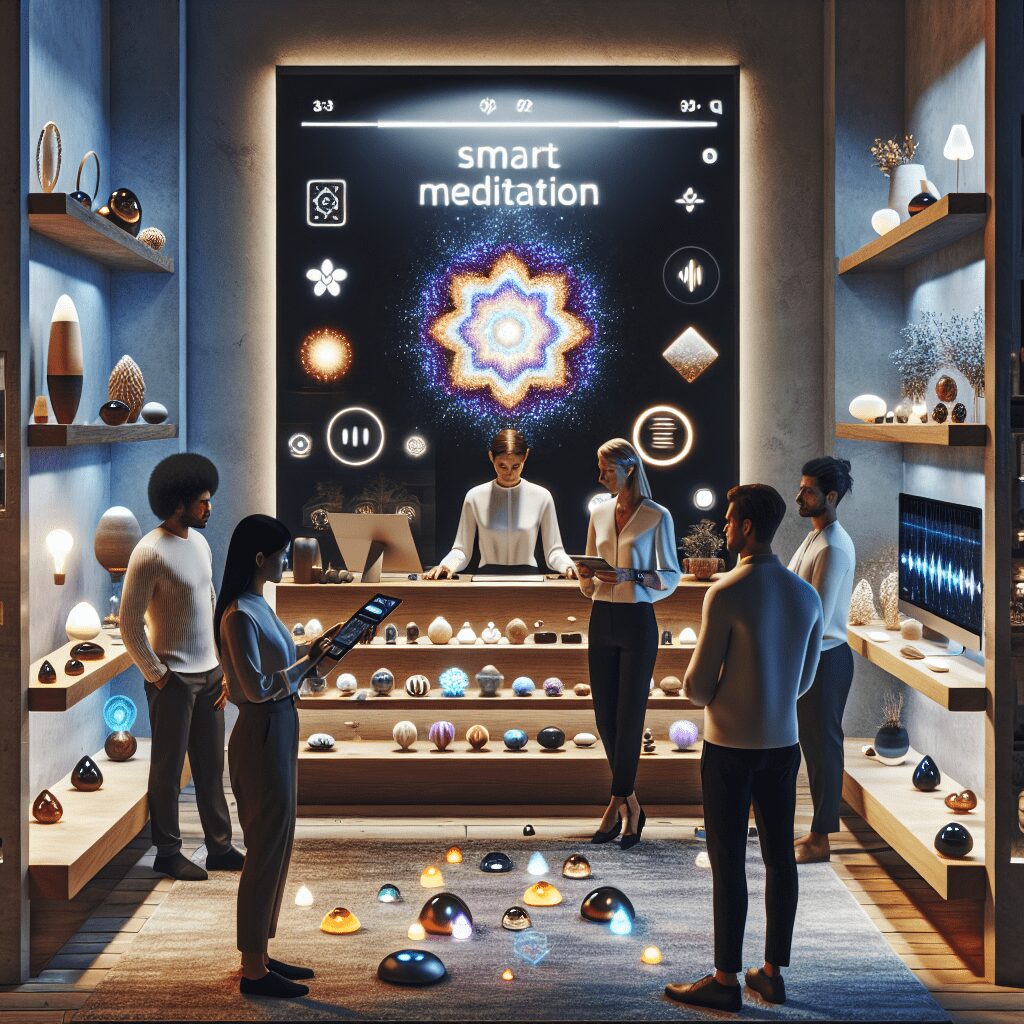
Prioritize your mental well-being daily. Enhance your life by nurturing your mental health with the Smart Meditation app. Break free from stress, alleviate anxiety, and enhance your sleep quality starting today.
Does Anxiety Affect Sleep?
The Conundrum of Anxiety and Sleep: A Tangled Twosome
When dusk falls and the world quiets, the mind should, theoretically, follow suit. Alas, for many, this is when the “mind gremlins” decide to throw a full-blown rave. The interconnection between anxiety and sleep is akin to a chicken-or-egg scenario—does anxiety breed insomnia, or does the lack of Z’s fuel anxiety? Spoiler alert: It’s a bit of both, making them quite the tangled twosome.
The Unfortunate Dance of Anxiety with Sleep
Picture this: You’re tucked in, ready to drift off into dreamland, but your brain has other plans. It’s suddenly consumed with worries about tomorrow’s tasks, replaying awkward moments from 1997, or conjuring scenarios straight out of a B-rated horror flick. Welcome to the unfortunate dance that anxiety and sleep engage in night after night for some unlucky souls.
-
Fuel to the Insomnia Fire: Folks with anxiety disorders often find themselves caught in a vicious cycle where their anxious thoughts prevent the onset of sleep. To make matters worse, the dread of not sleeping adds another layer of anxiety, turning their bed into a battleground.
-
REM Sleep Goes AWOL: The few who manage to escape wakefulness find their sleep quality sabotaged. Anxiety can mess with REM sleep, the phase vital for emotional regulation and memory. Skimp on REM, and you’re effectively throwing gasoline on the anxiety fire.
-
A Biological Plot Twist: Cortisol, aka the “stress hormone,” likes to crash the party, too. People grappling with anxiety often have elevated cortisol levels, which can impede sleep. It’s nature’s way of saying, “Sleep? Not on my watch!”
Turning the Tables: Strategies to Untangle the Mess
Enough about the problem. Let’s talk solutions. How can you break free from this relentless cycle? Here’s the lowdown on some strategies that might just give you the upper hand in this battle.
-
Routine Is Your New Best Friend: Stick to a sleep schedule like it’s your lifeline. A consistent bedtime and wake-up time can coax your body’s internal clock into a more favorable rhythm.
-
Wind Down Like a Pro: Develop a pre-sleep ritual that whispers to your brain, “Hey buddy, it’s chill time.” Whether it’s a warm bath, a descent into the pages of a good book, or meditative breathing, find what flips your relaxation switch.
-
Tech Detox, Anyone?: Blue light from screens is pretty much an espresso shot for your brain. Ditch the gadgets an hour before bedtime to avoid tricking your brain into thinking it’s go-time instead of slow-time.
-
Physical Exertion for the Win: Regular exercise can tire out the body just enough to make sleep more inviting. Just be sure to wrap up any vigorous activities a few hours before bedtime, so you’re not too revved up.
-
Mindfulness and Meditation: These aren’t just buzzwords—they’re tools. Techniques like mindfulness and meditation can help manage anxiety, making them allies in your quest for better sleep.
Anxiety and sleep might be engaged in an intricate dance, but that doesn’t mean you’re doomed to be an eternal bystander. With the right strategies and a bit of perseverance, you can lead the dance, turning restless nights into peaceful slumber. Sweet dreams await on the other side of this storm.





